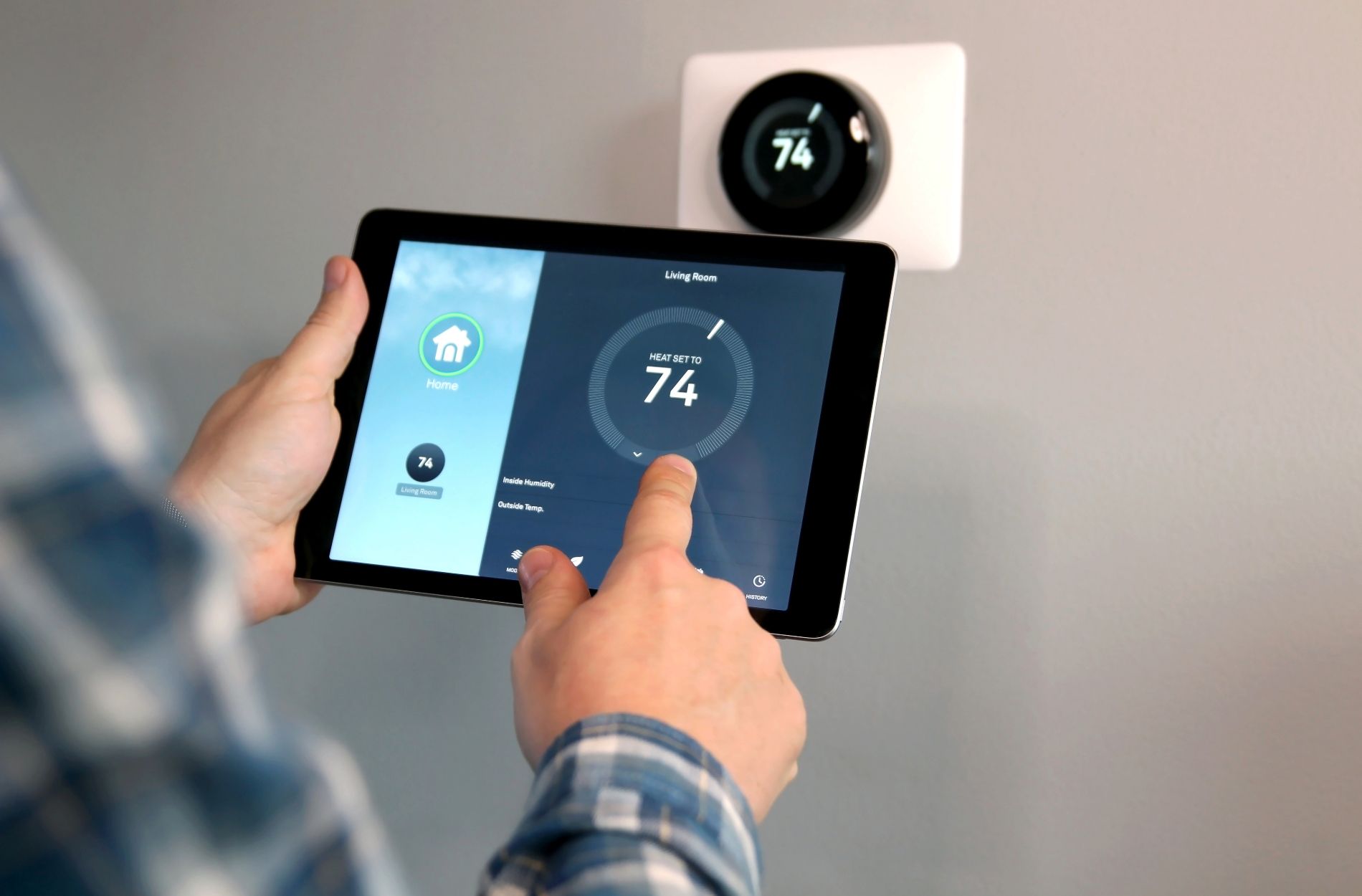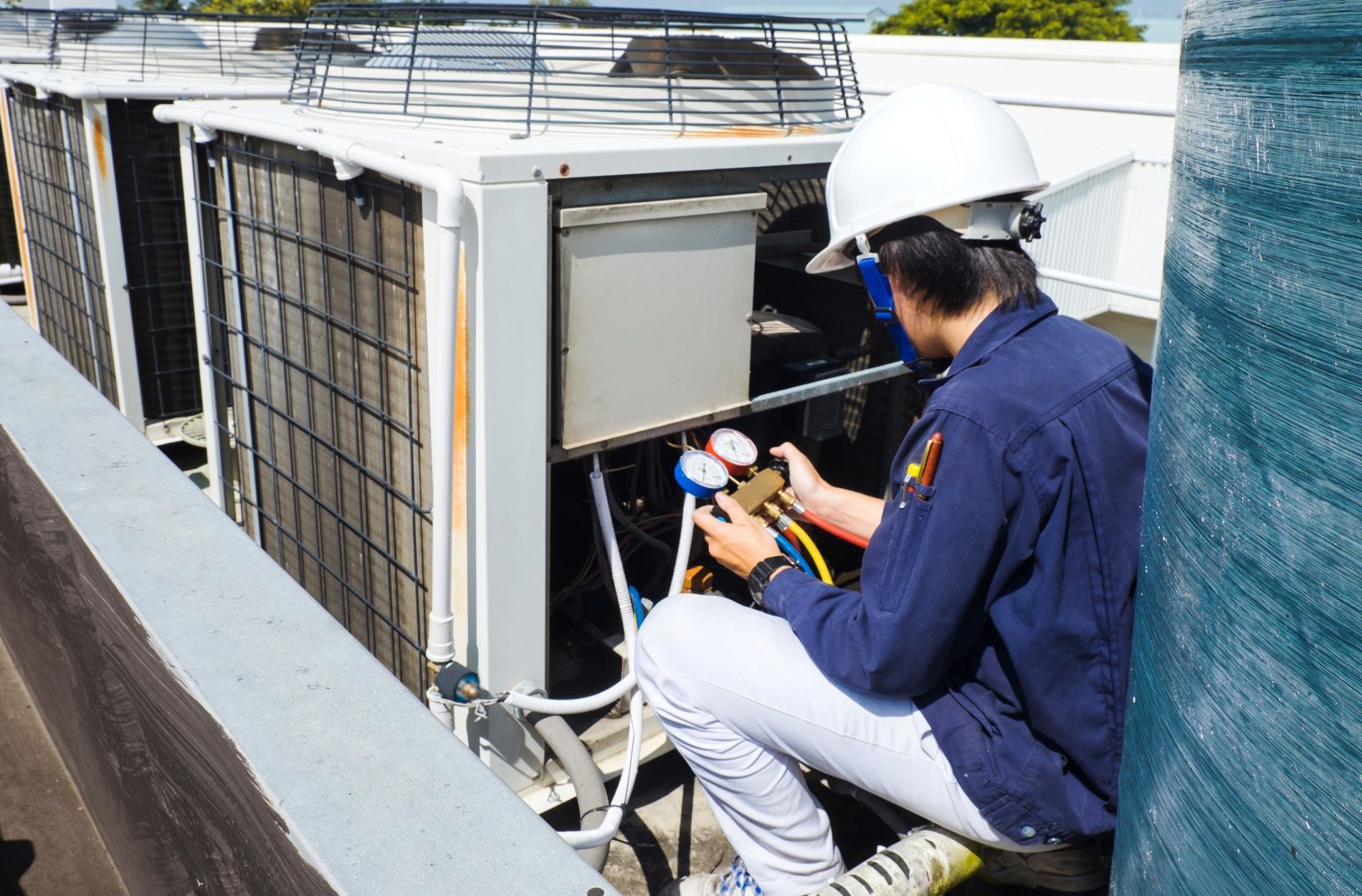How to Choose the Right Air Conditioning System for Your Home
Choosing the right air conditioning system for your home is essential for maintaining comfort during hot weather. With so many options available, it can be overwhelming to decide which system best meets your needs. The key is to understand the different types of air conditioning systems and what factors to consider when making your decision. This way, you can ensure that your home stays cool and comfortable all summer long.
When it comes to air conditioning, energy efficiency is an important consideration. Not only does an energy-efficient system help reduce your environmental footprint, but it also saves money on utility bills. Additionally, proper sizing and installation are crucial for getting the most out of your air conditioning system, ensuring it runs efficiently and effectively.
Taking the time to research and make an informed decision can lead to long-term comfort and savings. In this guide, we will explore the various types of air conditioning systems, important factors to consider, the benefits of energy-efficient options, and tips for sizing and installation. By the end, you’ll have a clear understanding of how to choose the best air conditioning system for your home.
Understanding the Different Types of Air Conditioning Systems
When choosing an air conditioning system for your home, it’s important to understand the different types available. Each type has unique features that cater to various needs and home layouts. The most common types include central air conditioning, ductless mini-split systems, window units, and portable air conditioners.
Central air conditioning systems use ductwork to distribute cool air throughout your home. They are ideal for larger homes and offer consistent cooling in all rooms. Ductless mini-split systems are great for homes without ductwork. They consist of an outdoor unit and one or more indoor units, providing zoned cooling. Window units are more affordable and work well for cooling individual rooms, making them a good choice for apartments or smaller spaces. Portable air conditioners are similar to window units but can be moved from room to room, offering flexibility for temporary cooling needs.
Factors to Consider When Choosing an Air Conditioning System
Several factors come into play when selecting the right air conditioning system for your home. First, consider the size of the area you need to cool. Larger homes may benefit from a central air system, while smaller spaces might be more suited to ductless, window, or portable units.
Energy efficiency is another crucial factor. Look for systems with a high Seasonal Energy Efficiency Ratio (SEER) rating. A higher SEER rating means better energy efficiency, which can lead to lower utility bills. It’s also important to think about the installation process. Central air systems require ductwork, which can be costly if your home doesn’t already have it. In contrast, ductless systems and window units are easier and less expensive to install.
Noise levels can also impact your choice. Some units generate more noise than others, which can be a concern for bedrooms or living areas. Additionally, consider the maintenance needs of each type. Central systems might require more regular servicing, while window and portable units are generally easier to maintain. By evaluating these factors, you can choose an air conditioning system that best fits your home and lifestyle.
Benefits of Energy-Efficient Air Conditioning Systems
Choosing an energy-efficient air conditioning system offers several benefits. One of the most significant advantages is cost savings. Energy-efficient systems consume less electricity, which can reduce your monthly utility bills. Over time, the savings on energy costs can offset the initial investment in a higher-efficiency system.
Energy-efficient systems also have a lower environmental impact. They use less power, which reduces the demand on power plants and decreases greenhouse gas emissions. Many of these systems use eco-friendly refrigerants that do not harm the ozone layer. Additionally, energy-efficient units often come with advanced features such as programmable thermostats, which allow you to set specific temperatures for different times of the day, further conserving energy and increasing your comfort.
Tips for Proper Air Conditioning System Sizing and Installation
Proper sizing and installation are crucial for the performance and efficiency of your air conditioning system. An improperly sized system can lead to inadequate cooling, higher energy costs, and shorter system lifespan. To determine the correct size, consider the square footage of your home, the number of windows, insulation levels, and local climate conditions.
Here are some tips to ensure proper sizing and installation:
1. Conduct a Load Calculation: Use a professional to perform a load calculation that considers all relevant factors, ensuring accurate sizing.
2. Choose the Right Location: Place the outdoor unit in a shaded area to improve efficiency and avoid placing the indoor unit near heat sources.
3. Proper Ductwork: Ensure ducts are properly sealed and insulated to prevent air leaks and energy loss.
4. Regular Maintenance: Schedule regular check-ups to keep the system running efficiently and address any issues promptly.
Following these tips can help you get the most out of your new air conditioning system.
Final Thoughts
Choosing the right air conditioning system is essential for achieving comfort and efficiency in your home. By understanding the different types of systems and considering important factors such as size, energy efficiency, and installation requirements, you can make an informed decision. Paying attention to these aspects will lead to long-term benefits, including cost savings and improved environmental impact.
At Anytime Heating & Air, we are dedicated to helping you choose and install the perfect
air conditioning system for your home. Reach out to us today to schedule a consultation and take the first step towards a cooler, more comfortable living space.


